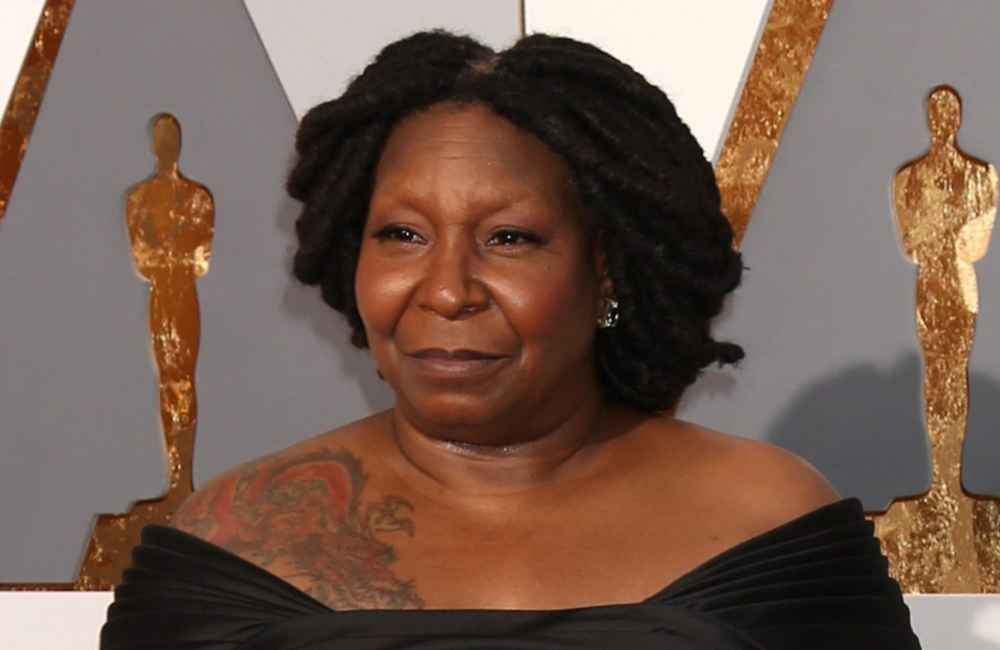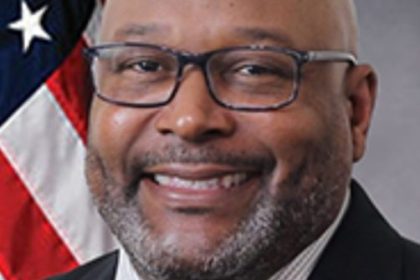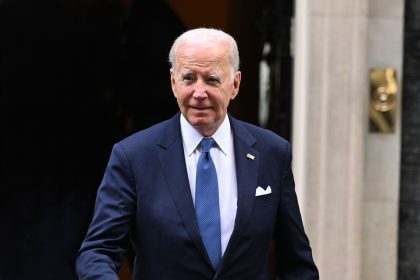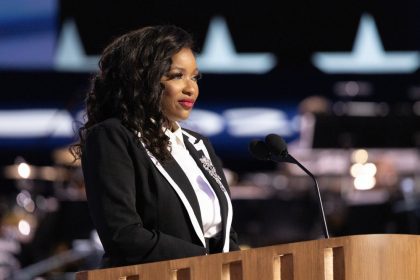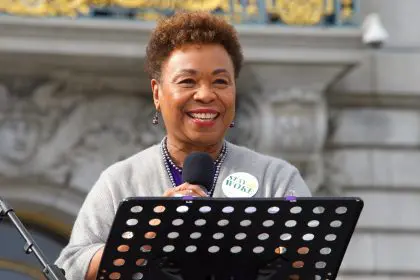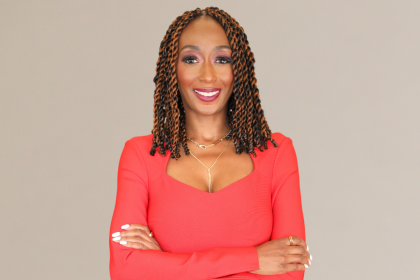A heated exchange on “The View” between co-host Whoopi Goldberg and radio personality Charlamagne Tha God has ignited intense discussions about presidential accountability and political loyalty, particularly regarding President Joe Biden’s recent decision to pardon his son Hunter.
Critical voices rise against party leadership
The conversation highlighted mounting frustrations with Democratic Party leadership, as prominent media figures openly challenged the administration’s handling of Hunter Biden’s legal troubles. The criticism centered on perceived inconsistencies between the party’s public stance on justice and its actions when personal interests are involved.
During the passionate debate, both personalities stood firm in their positions while addressing the complicated nature of family loyalty versus political responsibility. Charlamagne emphasized the need for consistent application of justice, suggesting that the President’s actions regarding his son’s legal issues contradicted the party’s foundational principles about equality under the law.
Goldberg — maintaining her support for the administration — presented a nuanced perspective on presidential decision-making during personal crises. She addressed the complex intersection of family bonds and political leadership, suggesting that previous promises of noninterference with Justice Department investigations didn’t necessarily conflict with later pardoning decisions.
Impact on political discourse
The exchange resonated deeply with viewers, particularly those who have followed both figures’ careers and political commentary over the decades. Their debate exemplified the broader struggle within Democratic circles to balance party loyalty with principled criticism.
The discussion’s impact extended beyond the immediate broadcast, sparking conversations across social media platforms and within community spaces. Many observers praised the willingness of both personalities to engage in frank dialogue about uncomfortable political realities, even while maintaining fundamentally different positions on the issue.
Looking toward future political dynamics
This high-profile disagreement represents more than a simple difference of opinion: it signals a potential shift in how political accountability is discussed within Democratic circles. The debate highlighted growing demands for transparency and consistent ethical standards, regardless of party affiliation or personal relationships.
As the nation tries to figure out what to do in light of the incoming Trump administration, these conversations carry particular weight. The discussion demonstrated how established media figures can model respectful disagreement while addressing controversial topics. Despite their opposing viewpoints, both personalities maintained professional composure and concluded their segment with mutual respect, setting an example for political discourse.
The aftermath of this exchange continues to influence discussions about party unity, leadership accountability and the balance between personal loyalty and political principle. As similar challenges emerge, this debate may serve as a reference point for having difficult but necessary conversations about political integrity and leadership standards.
This moment of television has become more than just another political discussion: it represents a broader examination of how communities process and respond to actions that challenge their political values. As the Democratic Party continues to navigate these complex waters, voices from various perspectives will likely continue to shape the discourse around leadership, accountability and the future direction of progressive politics in America.

